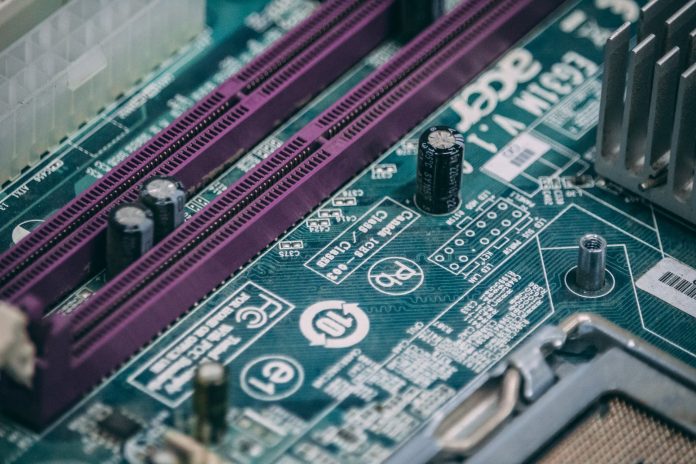Most of us probably wouldn’t survive one day without our phones or laptops. Electrical devices have become increasingly crucial for our comfort, entertainment, work, and for keeping us connected to the outside world. Our phones, TV sets, refrigerators, laptops, washing machines, and air conditioners are a normal part of our daily lives and a power surge can be catastrophic if it leads to electrical failure.
Power surges are caused when the voltage in our electrical devices surpasses the safety level. Even small, low-voltage surges could be damaging your electronic devices. Here are some tips to prevent power surges in your home.
Table of Contents
Prevention Is Key
Electricians can help you safeguard your home against electrical failure and power surges. Consider having an electrician come to your home to look for any potential issues that need addressing before they become a problem.
Never try to make repairs to your home’s electrical system on your own; always call an expert for help. Your electrical system is one area of your home you don’t want to DIY.
Here are some other tips to help keep your home safe from power surges (source: https://safeandsoundelectric.com/).
- Get a good surge protector that regulates the level of electricity in your house. When the voltage gets too high, the protector will shut it off and ground excess power.
- Don’t overload your power outlets with multiple adaptors, as this could start a house fire. If you’re using extension cords regularly, it’s a good idea to get more outlets installed.
- If you have warm outlets, there could be an electrical problem in your house or a problem with the specific fixture. Don’t use warm outlets, especially not ones that have sparks coming out of them or if they emit a strange smell when you’re using them.
- Block unused outlets when you have small children in the house.
- If all the lights in your house are flickering, your house’s wiring is probably not grounded. It could also indicate that your electrical panel needs to be replaced or that you’re using more electricity that your system can accommodate.
- Check your electrical cords regularly for cracks, kinks or frays. Never use nails and staples to keep them in place. Don’t unplug cords by yanking on them. Pull out the plug itself.
- Keep your electrical devices and their components away from water. Many people seem to forget that water can cause electric shocks. Even moisture can lead to short circuits.
- You may need to update your electrical system if you move into an old house with older electrical wiring since elements in the system may have become degraded over time. Electricity needs may have been different when your house was built and the wiring probably won’t be able to keep up with smartphones, multiple TVs, laptops, tablets, microwaves and other appliances.
- It’s a warning sign if breakers are always tripping in your house. It might mean that you’re overloading a circuit or that you have to update your wiring.
- It’s essential that you use your appliances safely. Don’t use any electrical appliance if your hands are wet or you’re standing in water. Your appliances should not be in contact with any wet surfaces such as sinks or tubs. Also keep electrical cords out of reach of your children and pets.
Final Thoughts
Electricity may be at the center of our lives, but it’s important to use it safely, as it is still as dangerous as ever. Never try to make any electrical repairs to your home yourself. The components of your electrical system should be covered by your home warranty, and it’s safer to get a professional to sort out your home’s wiring.
Your house should be inspected regularly for electrical safety issues and that the wiring is up to date. If you take precautions and do regular inspections and maintenance, you should not have problems with your electrical system in future years.



















